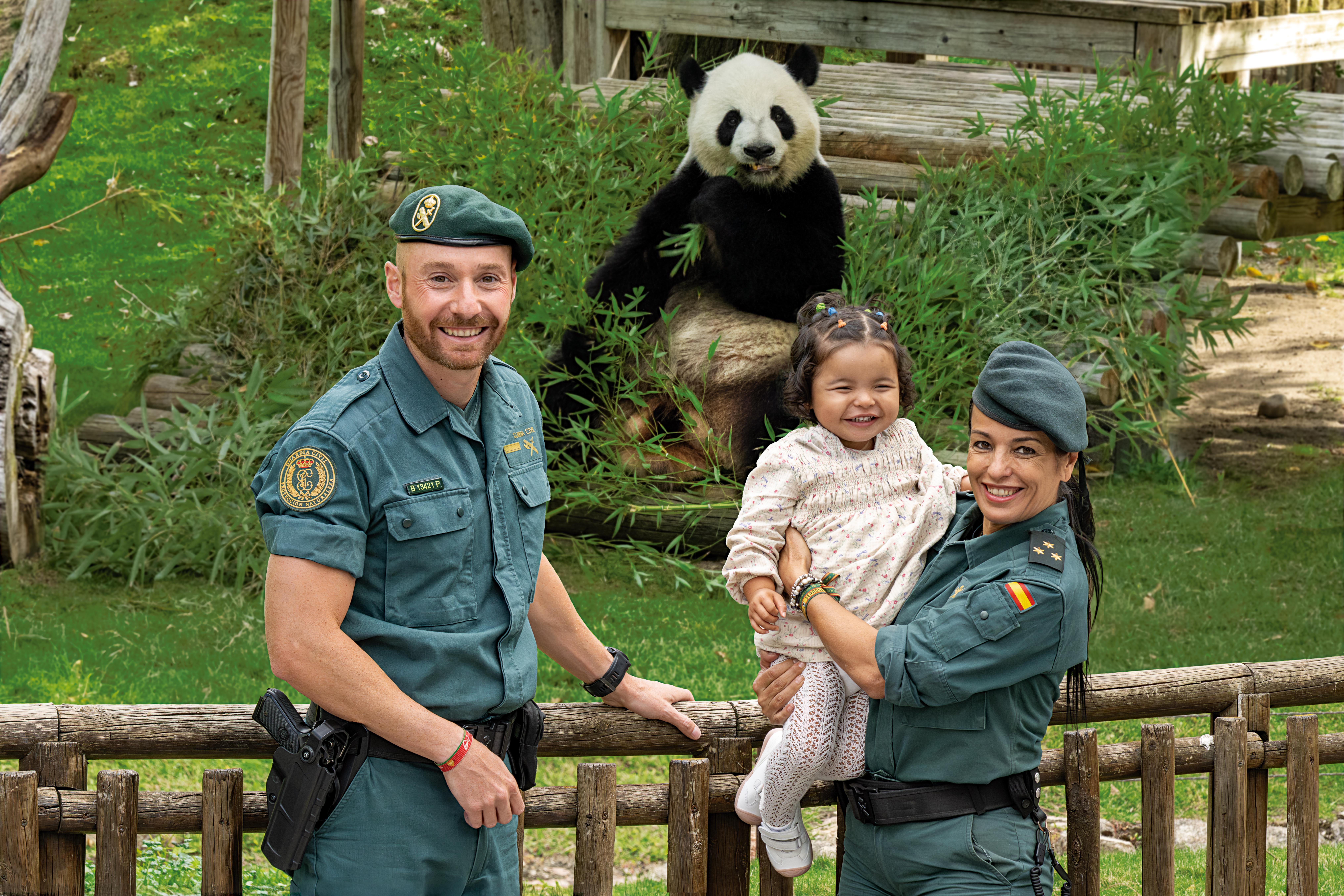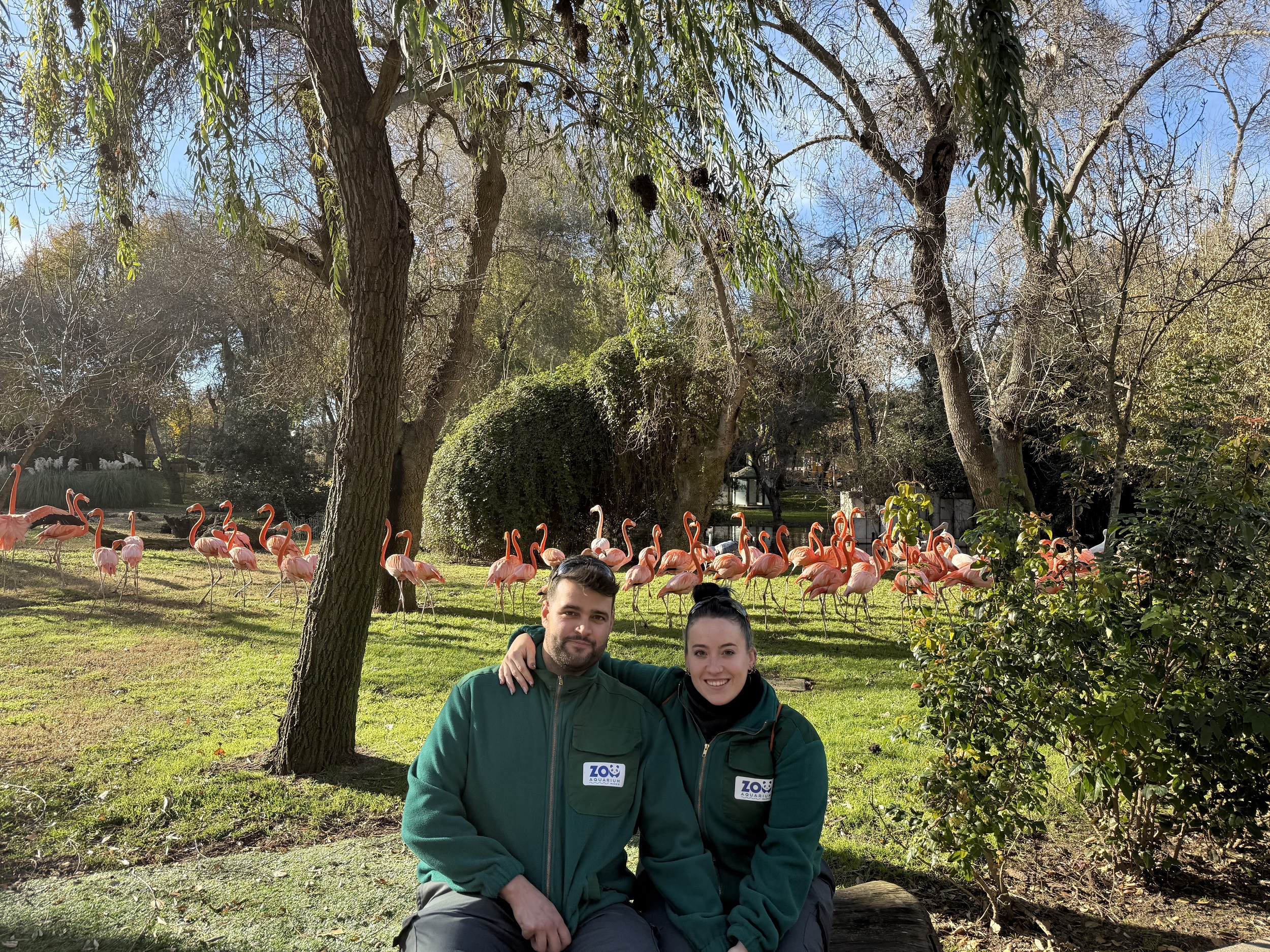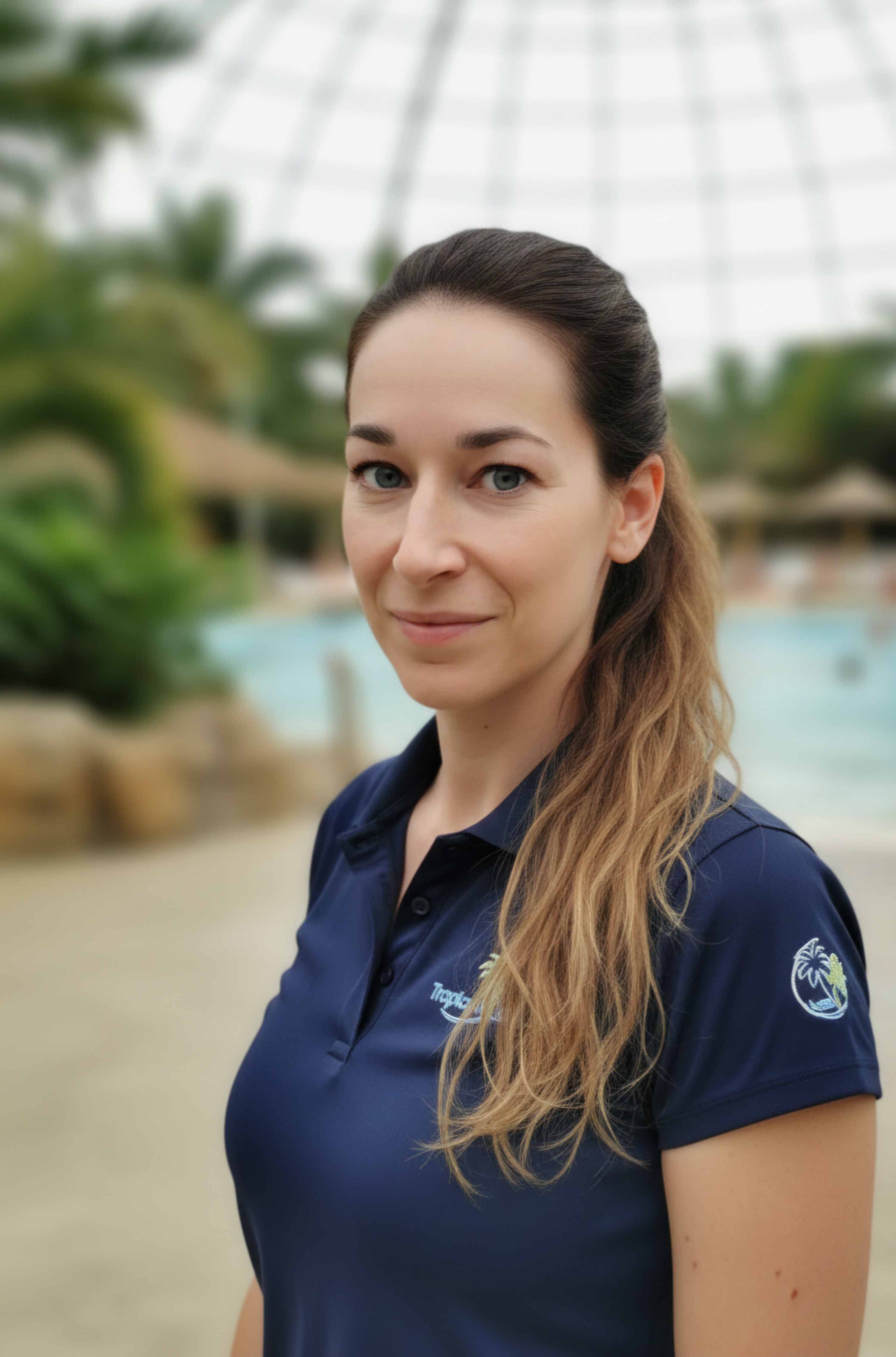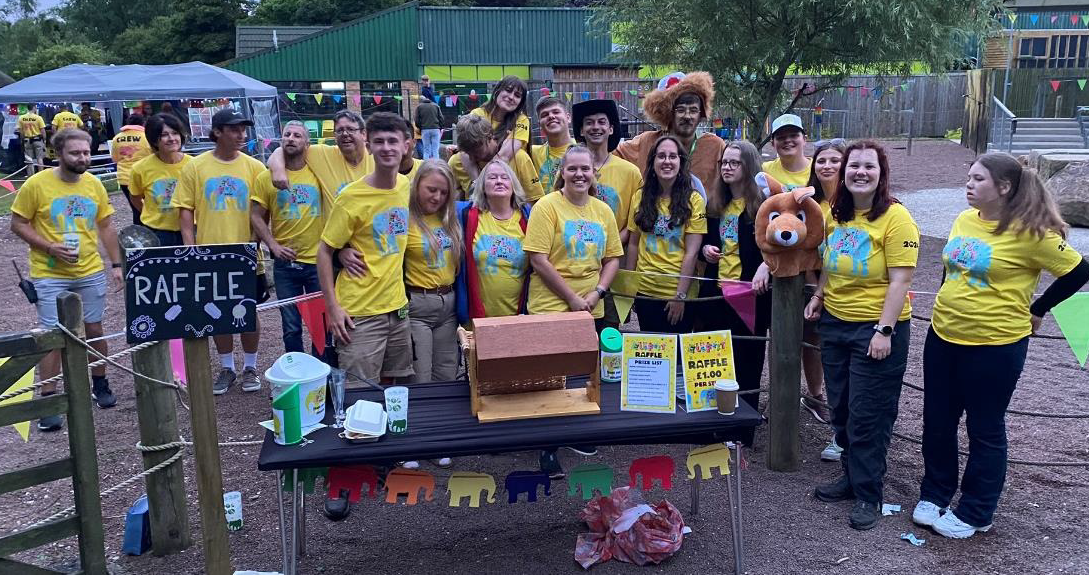
Andrea Torres: “It is important to develop welfare indicators that can be used across the board”
“It is important to develop welfare indicators that can be used across the board and that are agreed upon, so that everyone works from the same basic and objective protocol”.
Andrea Torres, Biologist at InfoZoos
THE CHALLENGE IN CREATING ANIMAL WELFARE INDICATORS
With this statement, InfoZoos’ Biologist Andrea Torres emphasizes the need to develop common criteria regarding animal welfare. The objective is to achieve a unified method to evaluate animal welfare at a global level, so that it can be measured regardless of the zoo where animals are held. this is a challege that seems necessary in an increasingly multicultural and globalized society.
In Torres’ view, developing these criteria involves an exhaustive assessment of factors such as physical condition, the environment, animal behavior, and bodily functions. These factors must be universal and fundamental “at a scientific level, well grounded, credible and based on objective parameters.” Additionally, each species is different and “needs different protocols and indicators”. The need for specific indicators for each species represents and additional challenge in Torres’ opinion because, while there is abundant information about some species, others are widely unknown.
THE EXHAUSTIVE WORK AHEAD
Looking at the work ahead, the biologist considers that meeting with professionals from different fields is a good start. Though they all have different points of view, they share a “common goal, which, in this case, is working together to improve animal welfare”. This is why Torres explains that the most important about establishing indicators “is to ask ourselves what can be improved, what aren’t we doing correctly, what can we do well, and share this knowledge with other facilities”. For Torres, indicators need to be a tool to improve the wellbeing of animals under human care.
In this context, Andrea Torres points out that the leading and proactive role that zoos are taking to improve their animals’ living conditions, as well as the importance of these institutions “in terms of education and conservation” constantly feed on each other in an effort to maintain and increase the relevance of zoos regarding environmental conservation.
EXPERTS’ FOCUS GROUP ON BIODIVERSITY
Andrea Torres is a member of the experts’ focus group launched by the Parques Reunidos Foundation, which works to foster the collaboration among istitutions involved in preserving ecosystems and threatened species. The group’s members are:
- Alberto Díez, InfoZoos spokesperson;
- Pablo Fernández de Larrinoa, Director of the Fundación CBD-Hábitat‘s Mediterranean Monk Seal Conservation Program;
- Enrique Alonso, Permanent Member of Spanish State Council; UNESCO Chair on Spatial Design and the Environment; Honorary Researcher at the Franklin-UAH Institute and the Monterey International Institute of California;
- Jesús Fernández, President of the Fundación Parques Reunidos;
- Luis Mariano González, head of Conservation Action at the General Sub-directorate on Biodiversity and Natural Environment of the Spanish Ministry for Ecological Transition;
- Pedro Lorenzo, Dean of the Veterinary Science School, Universidad Complutense de Madrid;
- Xavier Manteca, Professor, Animal and Food Science Department, School of Veterinary Science of the Universidad Autónoma de Barcelona, and the group’s moderator;
- Odile Rodríguez de la Fuente, General Director and President of the Fundación Félix Rodríguez de la Fuente;
- Julián Santiago, Research Professor at the Instituto Nacional de Investigación y Tecnología Agraria y Alimentaria (INIA);
- Felipe Vilas, President of the Madrid Official College of Veterinarians.
Recent entries
-
Faunia receives recognition from Universidad Complutense de Madrid for its contribution to training future veterinarians

-
Belize Arrives in Faunia: A New Chapter in the Conservation of the Antillean Manatee

-
When Inclusion and Nature Came Together

-
“Animal Welfare Starts with Us”: A Conversation with the Zoo Aquarium Madrid Team

-
How Tropical Islands Became the First German Facility to Pass Ellis & Associates Aquatic Safety Audit

-
Protecting Giants: An Interview with Kristian Bold on Blackpool Zoo’s EleFest and the Power of Community Conservation

-
From Science to Care: Spain Leads Breakthrough Research on Animal Welfare
.jpg)
-
At Parques Reunidos, We Believe Fun Starts from Within
.jpg)

